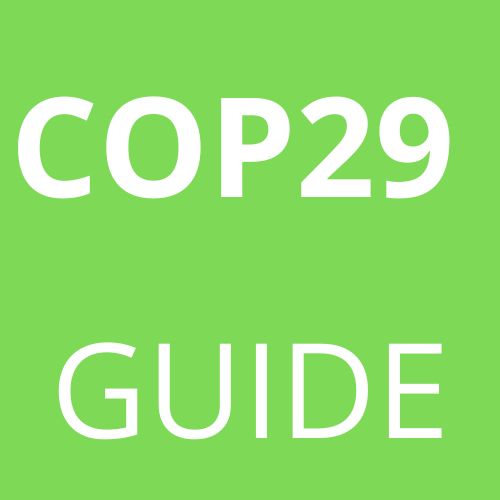« Return to the previous page

Russia’s invasion of Ukraine has caused significant damage to Ukraine’s environment and natural resources. The war prevents Ukraine to implement a meaningful climate policy in accordance with the country's NDC: Renewable energy sources have been destroyed or occupied, forests and other carbon sinks have been severly damaged and occupied territories are not accessible. The war causes significant emissions of greenhouse gases from warfare, wild fires and a future reconstruction. The emissions from 12 months of war were estimated to be 119 MtCO2e, the equivalent to a country like Belgium over the same period of time. At this side event an updated estimate from 18 months of war will be presented. Militaries are significant contributors to greenhouse gas (GHG) emissions during both war and peacetime. However, the Paris Agreement made military emissions reporting voluntary and at present, no governments are obliged to report their military emissions. Consequently, reporting to the UNFCCC is either absent or incomplete, generally unclear and highly inconsistent between countries. During this event, speakers will reflect on the dynamic between conflict, emissions and climate change, how agressor states can be hold accountable, which way reporting to the UNFCCC should be improved and how a country can recover post-conflict in a green and sustainable way.
Climate Damage of Russia’s war in Ukraine and the knowledge gap on conflict and military emissions

Russia’s invasion of Ukraine has caused significant damage to Ukraine’s environment and natural resources. The war prevents Ukraine to implement a meaningful climate policy in accordance with the country's NDC: Renewable energy sources have been destroyed or occupied, forests and other carbon sinks have been severly damaged and occupied territories are not accessible. The war causes significant emissions of greenhouse gases from warfare, wild fires and a future reconstruction. The emissions from 12 months of war were estimated to be 119 MtCO2e, the equivalent to a country like Belgium over the same period of time. At this side event an updated estimate from 18 months of war will be presented. Militaries are significant contributors to greenhouse gas (GHG) emissions during both war and peacetime. However, the Paris Agreement made military emissions reporting voluntary and at present, no governments are obliged to report their military emissions. Consequently, reporting to the UNFCCC is either absent or incomplete, generally unclear and highly inconsistent between countries. During this event, speakers will reflect on the dynamic between conflict, emissions and climate change, how agressor states can be hold accountable, which way reporting to the UNFCCC should be improved and how a country can recover post-conflict in a green and sustainable way.
Details
Start:
December 04 - 18:30
End:
December 04 - 20:00
Day:
Opening Day
Zone:
Blue Zone
Keywords:
Climate & Environment
Negotiation
Organizer
EcoAction +36 30 3662983

